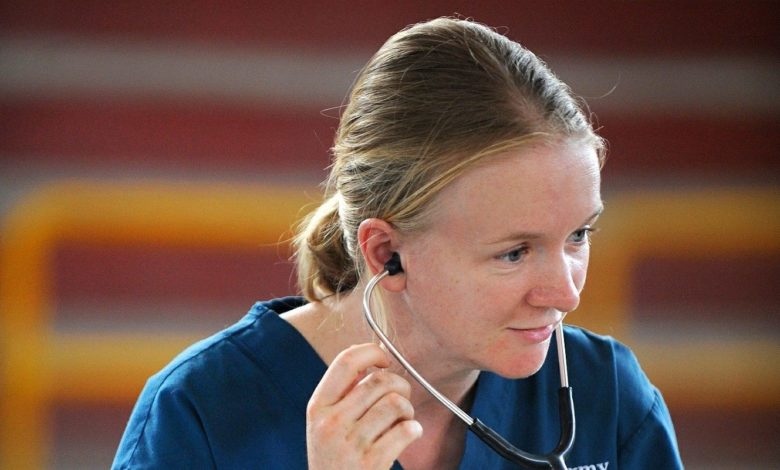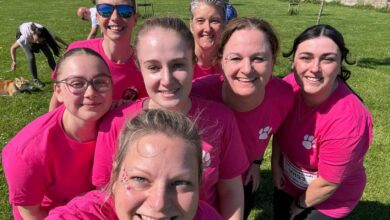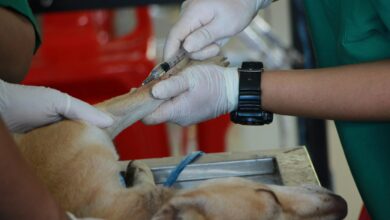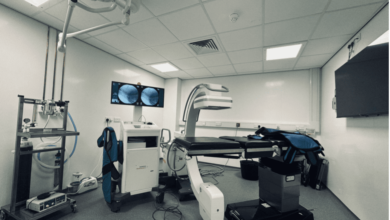46% of vet students failing to make ends meet, study suggests

Part-time work for veterinary students is on the rise as almost half (46%) say that they have less money than they need to live on, according to new data from the latest BVA and AVS Survey 2019.







